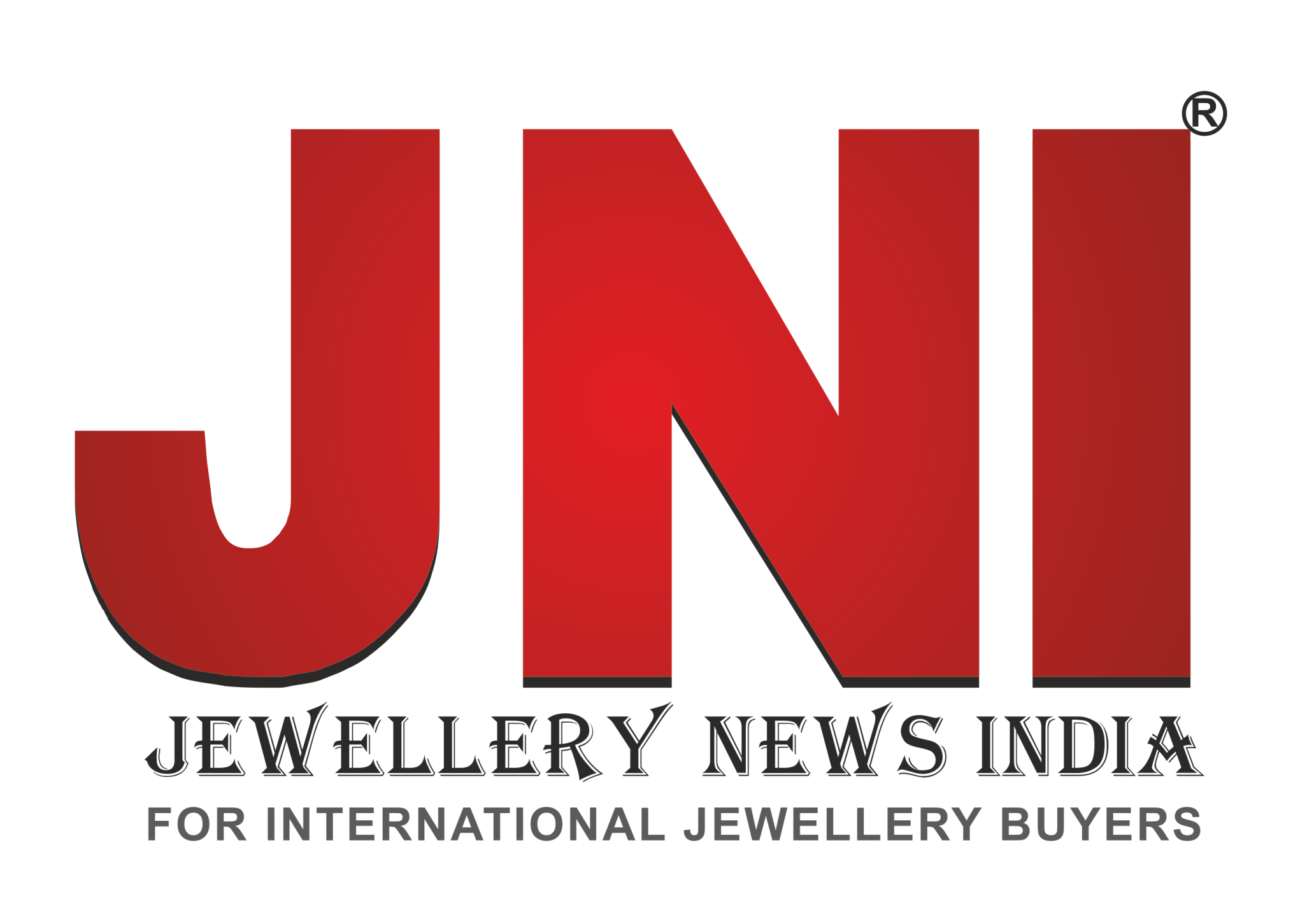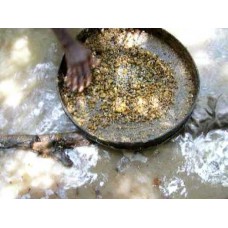WGS follows Production Data!
No consensus on an updated conflict diamond definition!
KP Concludes, Update 4: India the KP Chair India Kimberley Process hosted Plenary in New Delhi during November 18th & up to 22nd November 2019 was convened as the Sixteenth Kimberley Process (KP) Plenary Meeting. Delegations from KP Participants and Observers along with the Kyrgyz Republic and State of Qatar attended as Guests of the KP Chair India.
The total number of Participants in the Kimberley Process (KP) now stands at 55 representing 82 countries (including the 28 member states of the European Union, which participates as a single Participant represented by the European Commission).
The Plenary welcomed the report of Working Group on Statistics (WGS) on the work done in 2019. The Plenary welcomed the confirmed reporting of missing statistical data by Armenia for Q2 2019 to the KP Rough Diamond Statistical website. There still remains 12 Participants who have not reported complete statistical data as required in accordance with Annex III of the CORE document as indicated in the WGS opening report.
The Plenary adopted an AD on the Reconciliation Best Practice Guideline document which will be utilized by KP Participants as a guideline in conducting bi-lateral reconciliation with their trading Partners. The Plenary acknowledge the joint initiative of Working Group on Statistics (WGS) & Working Group on Artisanal and Alluvial Production (WGAAP) on the reporting of production data by type for Large Scale Mining (LSM) and/or Artisanal Small scale Mining (ASM) on the KP Rough Diamond Statistics website.
The Plenary adopted the AD on submission of Production Data by Type - Large Scale Mining and Artisanal Small Scale Mining (LSM/ASM) -. Effective from H1 2020 (January – June), KP Participants / Entities are required to report the Production statistics by type of production under Large Scale Mining (LSM) and/or Artisanal Small scale Mining (ASM).
The Plenary noted a presentation by the European Union, on Adamas, the tool developed and used by the European Union to carry out bi-lateral reconciliation of KP trade statistics. The Plenary welcomed the EU’s efforts to consider the possibility to share parts of the tool with interested Kimberley Process participants through open source.
Plenary noted the WGS completion of 52 out of 55 statistical country analysis for 2018. Plenary noted the WGS implementation of the 2018 Data Anomaly Questionnaire Process which identifies anomalies in reported production, trade and certificate count statistics by KP Participants. Identified Participants are required to respond to a questionnaire regarding the anomalies identified in accordance with the 2012 AD on Data Anomaly Questionnaire Process.
The Plenary welcomed the Working Group on Statistics (WGS) continued support and assessment of proposed exports from the Central African Republic (CAR) as established in accordance with the AD on the Resumption of Exports of Rough Diamonds from CAR and its Operational Framework.
The Plenary noted the revision to the KP Rough Diamond Statistical website to change the Participant’s name from Swaziland to Eswatini. All Participants using the Excel template to report their statistical data to the KP Rough Diamond Statistics website should download a new Excel template prior to uploading their statistics.
The Plenary expressed its appreciation to Angola, Chair of AHCRR and Canada, Vice Chair of AHCRR for their guidance and leadership by facilitating and conducting various meetings of AHCRR. The Plenary also appreciated the work of the sub-team leaders namely EU, WDC, Botswana and South Africa.
The Plenary welcomed the results of work of the Ad Hoc Committee on Review and Reform sub-team on the establishment of a Kimberley Process Permanent Secretariat (KPS) and the progress achieved in 2019 in accordance with the KP/2018/Plenary/Administrative Decision 01.
The Plenary welcomed the expressions of interest from Austria, Botswana, the People’s Republic of China, the Russian Federation and the United States of America to host the KPS. In order to identify the final host candidate and finalize the work on the practicalities of the KPS, the Plenary endorsed the recommendations by the Ad Hoc Committee on Review and Reform (AHCRR) on creation of a tripartite Technical Expert Team (TET) under the WGDE, with broad support of other Participants as appropriate.
The TET should make evaluation of the candidates in line with the evaluation criteria developed based on the Request for the Expression of Interest produced by the AHCRR and submitted full proposals from Host Candidates. The final host will be determined by Plenary.
The Plenary noted the principle of implementing the MDF as acceptable. To this end, the Plenary recognized that the Ad Hoc Committee on Review and Reform has undertaken significant work on the Multi Donor Fund (MDF). The Plenary welcomes the work of experts on the needs assessment for the establishment of a voluntary Multi Donor Fund, which was funded by the European Union (EU).
From the needs assessment exercise, it has emerged that the KP could benefit from the establishment of a Multi Donor Fund. Further, notes that four priority areas have been identified through a consultative process for the MDF to focus on. These are capacity building, technical assistance, the participation of civil society and participation of least developed countries.
The Plenary welcomed and adopted the 2019 Administrative Decision on Peer Review Mechanism which aims to improve the provisions of peer review including annual reporting, review visits and review missions. The Plenary welcomed the progress in consolidating the Core Document that has enabled provisional closure of several sections.
The Plenary took note that the work will continue on the remaining areas in the context of a sub-team of the Committee on Rules and Procedures (CRP) led by the EU, with support from other participants as appropriate.
The Plenary recalls the extensive work undertaken in the context of the Ad Hoc Committee on Review and Reform (AHCRR) on how to strengthen the scope of Kimberley process in the core document, and welcomes the in-depth discussions that took place on how best to capture the evolving nature of conflict and actors involved in conflict, on the importance of capacity building and mutual support, and on the positive contribution of the rough diamonds to prosperity, social and economic development. The Plenary noted that no consensus could be found on an updated conflict diamond definition.
The Plenary noted that the mandate of the Administrative Support Mechanism (ASM), hosted by the WDC, expires in 2019 and extended the mandate of the ASM for an additional two years or until the date of setting up of a Permanent Secretariat whichever is earlier. ASM annual reports are to be submitted to the Chair.
Key: KP Plenary 2019,KP Production Data, conflict diamond definition




